Article: What Does Serum Do: How it Works and How to Find the Right One for You

What Does Serum Do: How it Works and How to Find the Right One for You
Serums have become a favourite for skincare enthusiasts, but if you are new to the world of serums, you may wonder, what does a serum do? This blog post offers a primer on understanding serums, how to use them, tips for choosing the best ones tailored to your skin and busting common myths surrounding serums.
What Does a Serum Do for Your Face?
Serums are lightweight skincare products packed with highly concentrated doses of active ingredients to target specific skin-related concerns. They penetrate deeper into the skin than regular creams and lotions, delivering these ingredients where they can make the biggest impact.
Unlike moisturisers, which focus on surface-level hydration, serums target the deeper layers of the skin. The smaller molecules allow key ingredients to absorb better and take effect where issues like fine lines, dullness, dark spots, and acne originate. This makes them a powerful weapon against stubborn skin concerns.
Common Serum Ingredients and Skin Concerns Targeted
With so many options in the market, figuring out which serum best suits your skin's needs can get confusing. People pose questions like ‘What does face serum do to your face?',' What serums should I use?', etc. Here's a breakdown of some of the most popular active serum ingredients and what issues they tackle:
Hyaluronic Acid
Hyaluronic acid-based skincare products best target hydration, dryness, and fine lines. Hyaluronic acid is a humectant that draws and binds moisture to the skin. Some experts suggest it can hold up to several times its weight in water. Hyaluronic acid is good for dry skin as HA-based serums can deliver intense hydration and help the skin retain more water in the dermal layer. This results in a plumper, more youthful appearance that smooths fine lines and wrinkles.
Vitamin C
Skincare products containing Vitamin C treat dullness, uneven skin tone, and dark spots. Vitamin C is a powerhouse antioxidant that protects one against skin-damaging free radicals from UV exposure and pollution. It also inhibits excess melanin production to brighten the overall skin tone. Regularly using Vitamin C can help one fade brown spots and discolouration for a more even, radiant complexion. The Pink Foundry's 15% Vitamin C Brightening Serum is a notable option.
Retinol
One can treat fine lines, wrinkles, and skin firmness with skincare products containing retinol. Retinol boosts collagen synthesis and accelerates cell turnover to reduce the appearance of fine lines and deeper wrinkles. This can help one improve texture and even out the skin tone. It stimulates new, healthy cell growth to replace older, damaged cells for smoother skin.
Peptides
Peptides can treat sagging and loss of firmness in the skin. Peptides are amino acid chains that act as signalling molecules to stimulate collagen and elastin production. This can strengthen the structural support network in ageing skin to improve skin's density, firmness, and elasticity. One can think of peptides as reinforcement for the temporary support system of the skin.
Niacinamide
Niacinamide, also known as vitamin B3, is beneficial in oil control, redness, and enlarged pores. It can modulate sebum production to balance oily and combination skin types. It also strengthens the skin barrier, reduces inflammation, and refines the look of enlarged pores for a smoother, more even texture and tone.
Salicylic Acid
Skincare products containing salicylic acid help prevent breakouts, clogged pores, and blackheads. Salicylic acid is a beta hydroxy acid (BHA) that exfoliates inside pores to keep them clear and prevent acne breakouts. It is known to slough off dead skin cells, dissolve pore-clogging sebum, and reduce inflammation, making it ideal for oily, acne-prone complexions.
How to Use Face Serums the Right Way
To reap the desired benefits, using your serum consistently and correctly is important. This section covers the essential application tips:
- Apply After Cleansing/Toning: First, prep your skin with regular cleanser and toner to remove makeup, oil, and debris so serums can better absorb into fresh, clean skin.
- Use Before Heavier Products: Apply serums before moisturisers, oils, or creams. Their lighter texture allows deeper penetration compared to thicker products applied on top, which can “seal them in” before they have a chance to work.
- Use AM & PM: For best results, use serums in the morning and night after cleansing. Consistency is key to seeing their effects. Applying twice daily can ensure that the ingredients stay active and effective.
- Let it Absorb: After applying a few drops, let it soak in completely until it is no longer sticky before following the next steps. This gives the key ingredients enough contact time to penetrate properly.
- Don't Rub It In: Avoid vigorously massaging serums into the skin. Instead, gently press and pat it evenly onto the skin. Rubbing can reduce effectiveness and irritate sensitive skin types.
- Layer Thinnest to Thickest: If using multiple serums, apply them from the lightest, most watery texture to the richest. This allows deeper penetration compared to layering thick, oil-based serums first, which can form a barrier.
- Follow with Moisturizer/SPF: Always follow your serum with moisturiser to seal in the benefits. For daytime, finish with an SPF as your last step to protect the newly treated skin. The Pink Foundry's Waterlight Gel Moisturiser 72-Hour Hydration can help brighten and improve dull skin.
Tips for Choosing the Best Serum for Your Skin Type
With so many options, choosing the right serum starts with knowing your skin's key concerns and the specific top ingredients that target those issues. Here's a cheat sheet to pick serums tailored for different skin types:
- Dry Skin: Hyaluronic acid and glycerin-based serums can boost hydration levels in parched skin. Rosehip oil, squalane, and ceramide serums can also strengthen the function of the moisture barrier.
- Oily/Acne-Prone Skin: Salicylic acid, niacinamide, and retinol serums can help unclog pores, control excess sebum, and treat breakouts in acne-prone complexions. Look for oil-free, non-comedogenic formulas.
- Sensitive Skin: Hypoallergenic, fragrance-free serums with soothing ingredients like aloe, chamomile, green tea, and calendula are less likely to irritate red, reactive skin easily. Do a patch test first.
- Ageing Skin: Retinol, vitamin C, peptides, and alpha hydroxy acid (AHA) serums stimulate collagen, fade spots and tackle fine lines, wrinkles and sagging. Coenzyme Q10 also protects against oxidative damage.
- Dull/Uneven Skin Tone: Vitamin C brightens the overall complexion, while niacinamide, alpha arbutin and kojic acid serums inhibit melanin production from fading hyperpigmentation and brown spots.
Benefits of Adding a Serum to Your Routine
So, exactly what do serums do to your face? This section covers the benefits of including a serum in skincare. Some of the highlightable benefits include the following:
Targeted Treatment
Serums let one customise their skincare routine with active ingredients tailored to their specific skin's needs. Serums are beneficial in treating several skin care concerns, including fine lines, acne breakouts, dark spots, and hydration.
Boost Efficacy
The concentrated doses of key ingredients in serums can enhance the performance of other products applied on top, such as moisturisers and SPF.
Lightweight & Fast-Absorbing
The fluid texture absorbs quickly without leaving a greasy residue, making serums ideal for layering skincare products together.
Concentrated Formula
Even little drops of serum can go a long way, thanks to the high concentrations of active ingredients compared to standard skincare products.
Busting Common Myths About Face Serums
Before one incorporates serums in their skincare routine, it can be helpful to separate fact from fiction. Here's the truth behind some of the biggest misconceptions:
Myth: Serums are only for anti-ageing concerns
Fact: While serums are powerful against signs of ageing, many formulas target acne, dark spots, dryness, etc., for all age groups.
Myth: You only need one serum
Fact: You can layer 2-3 serums targeting different issues for amplified results. Just apply from lightest to richest texture.
Myth: Serums can replace moisturisers
Fact: Serums can help treat specific issues, but moisturisers still play a key role in hydrating and protecting surface skin cells. It can be better to use both.
Myth: Serums can give instant effects
Fact: It takes 4-6 weeks of consistent use (at least once daily) to notice visible results from serums. It is crucial to be patient.
Myth: Serums are not suitable for people with sensitive skin
Fact: Many new options use gentle formulas that are less likely to irritate; it can be better always to patch test first. Avoid fragranced serums.
Conclusion
Serums can deliver targeted solutions for stubborn skin issues that standard moisturisers can't tackle alone. They absorb fast, feel weightless on the skin, and contain beneficial ingredients in high doses for enhanced efficacy.
Adding a customised serum to one's daily skincare routine can address specific concerns, like lines, uneven tone, or breakouts. Just remember to apply them before moisturising to allow proper absorption. Consistency is vital to reaping their benefits in the long term.
Frequently Asked Questions
This section covers the most frequently asked questions on serums.
Q1: Can I use multiple serums at the same time?
You can layer 2-3 serums in a single routine. Just apply them from lightest to richest in texture and let each serum absorb fully before adding the next.
Q2: How often should I use a face serum?
A2: For best results, consider using serums every morning and at night after cleansing. Consistency is the key to reaping their benefits.
Q3: Are serums suitable for sensitive skin?
A3: Many serums use botanical extracts that can irritate sensitive skin. One should look for formulas free of fragrance and essential oils. Do a patch test before applying the full amount.
Q4: What is the best serum for dull skin?
A4: Vitamin C, alpha hydroxy acids (AHA), and peptides are great active ingredients for brightening, exfoliating, and improving radiance in dull, tired skin. To treat dull skin, look for serums containing these ingredients.







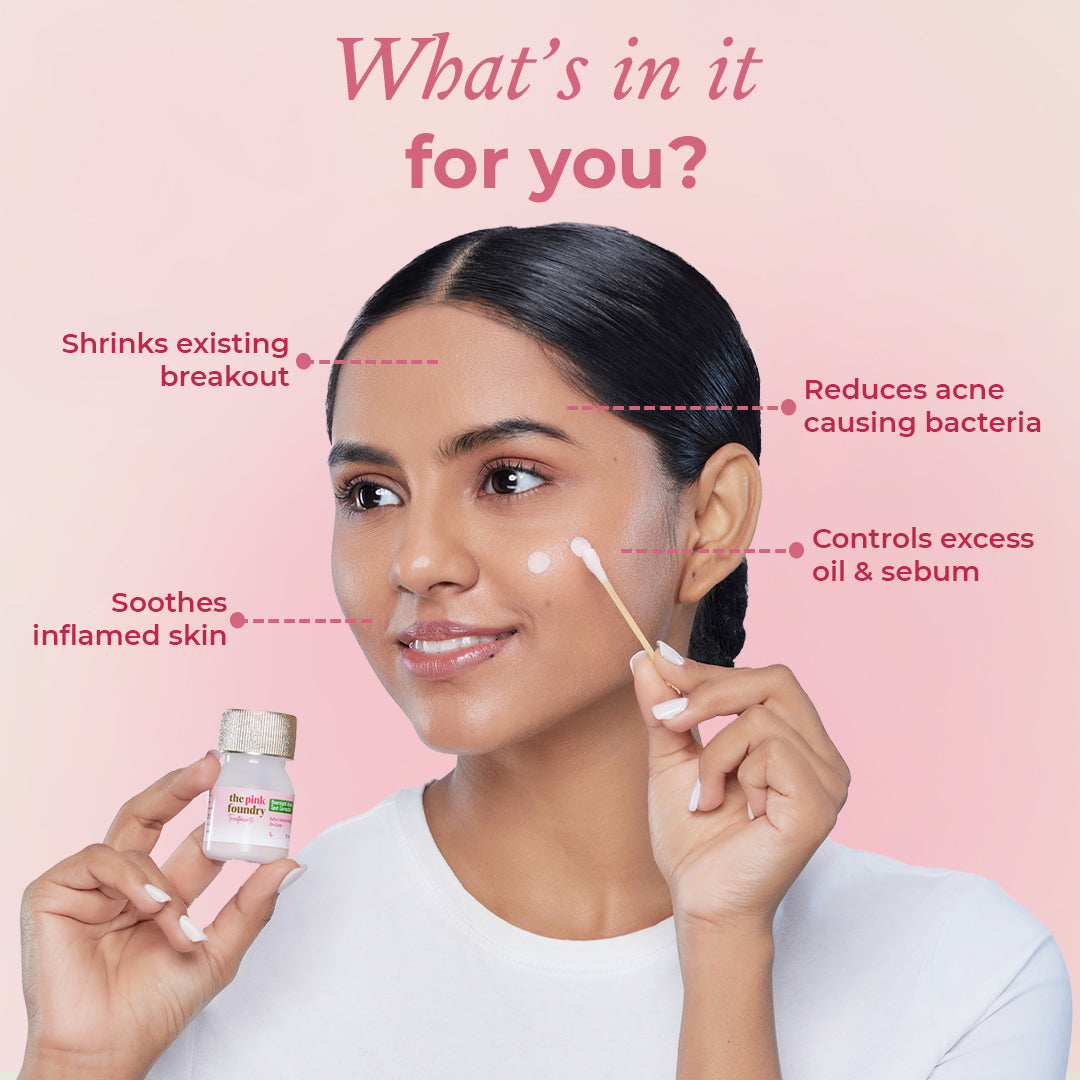
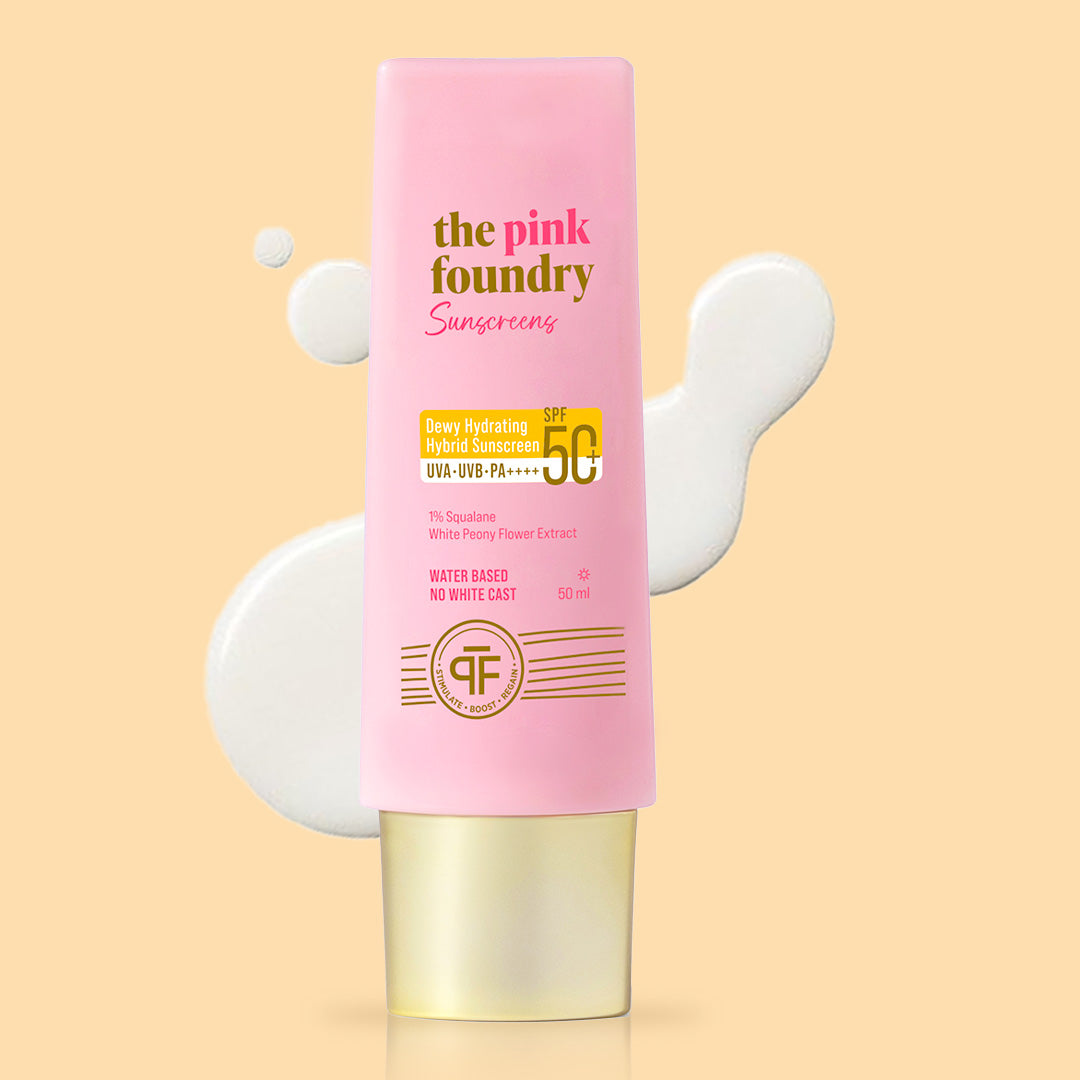



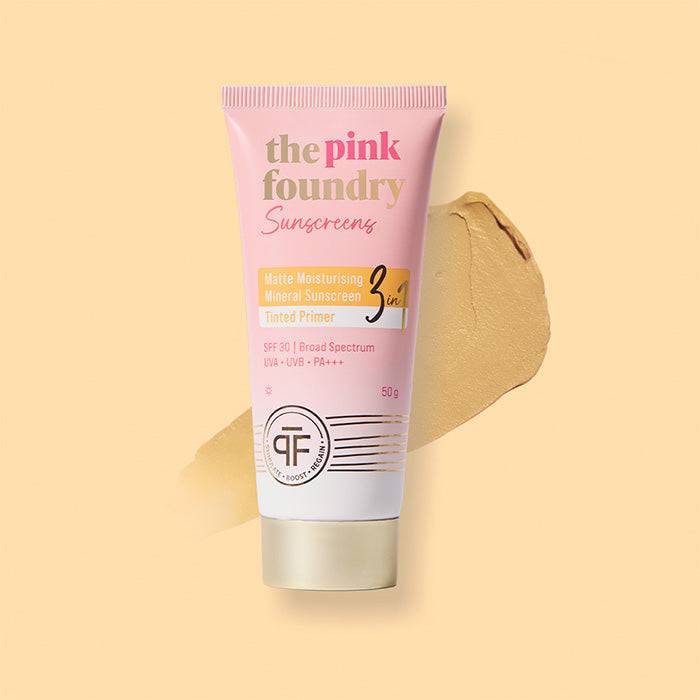
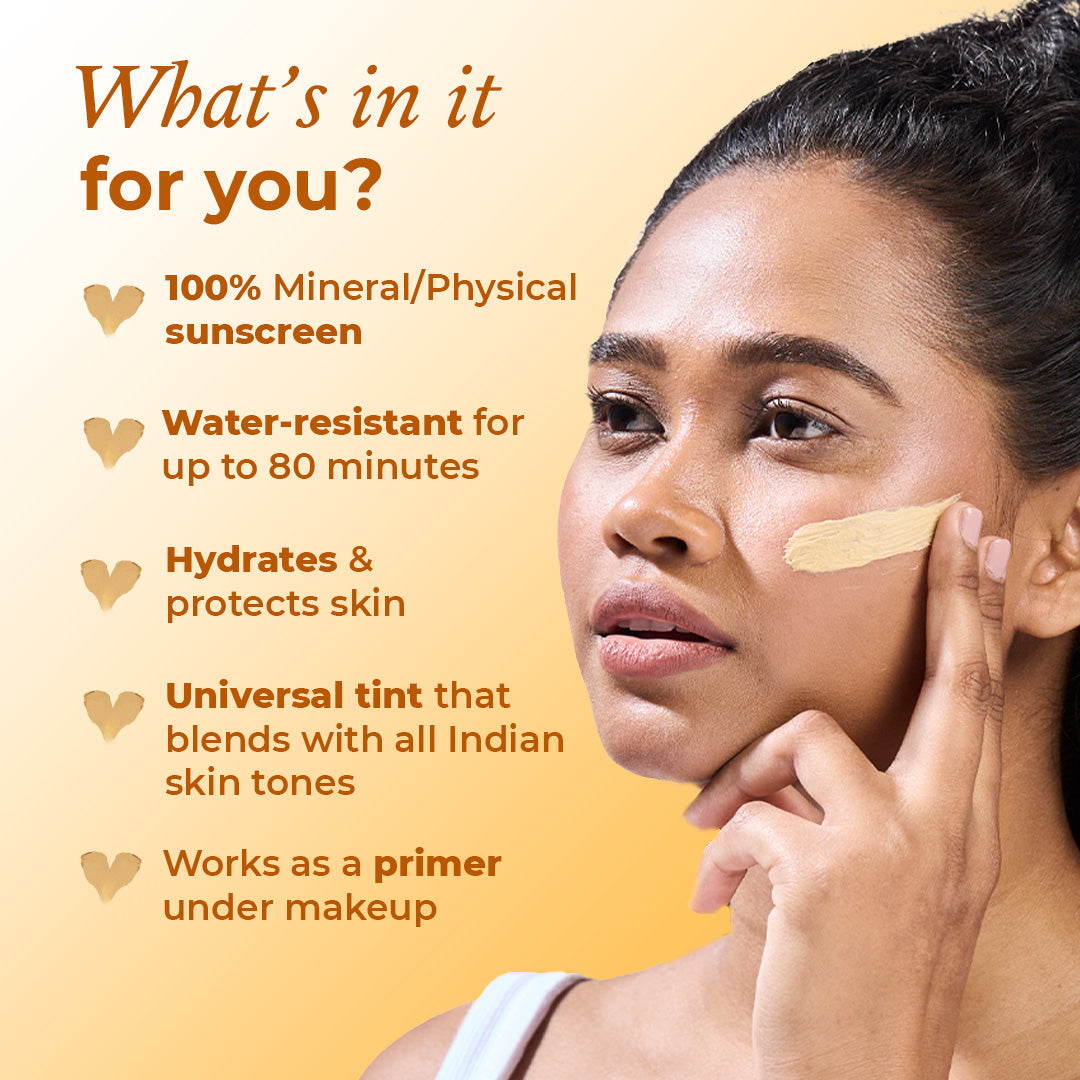



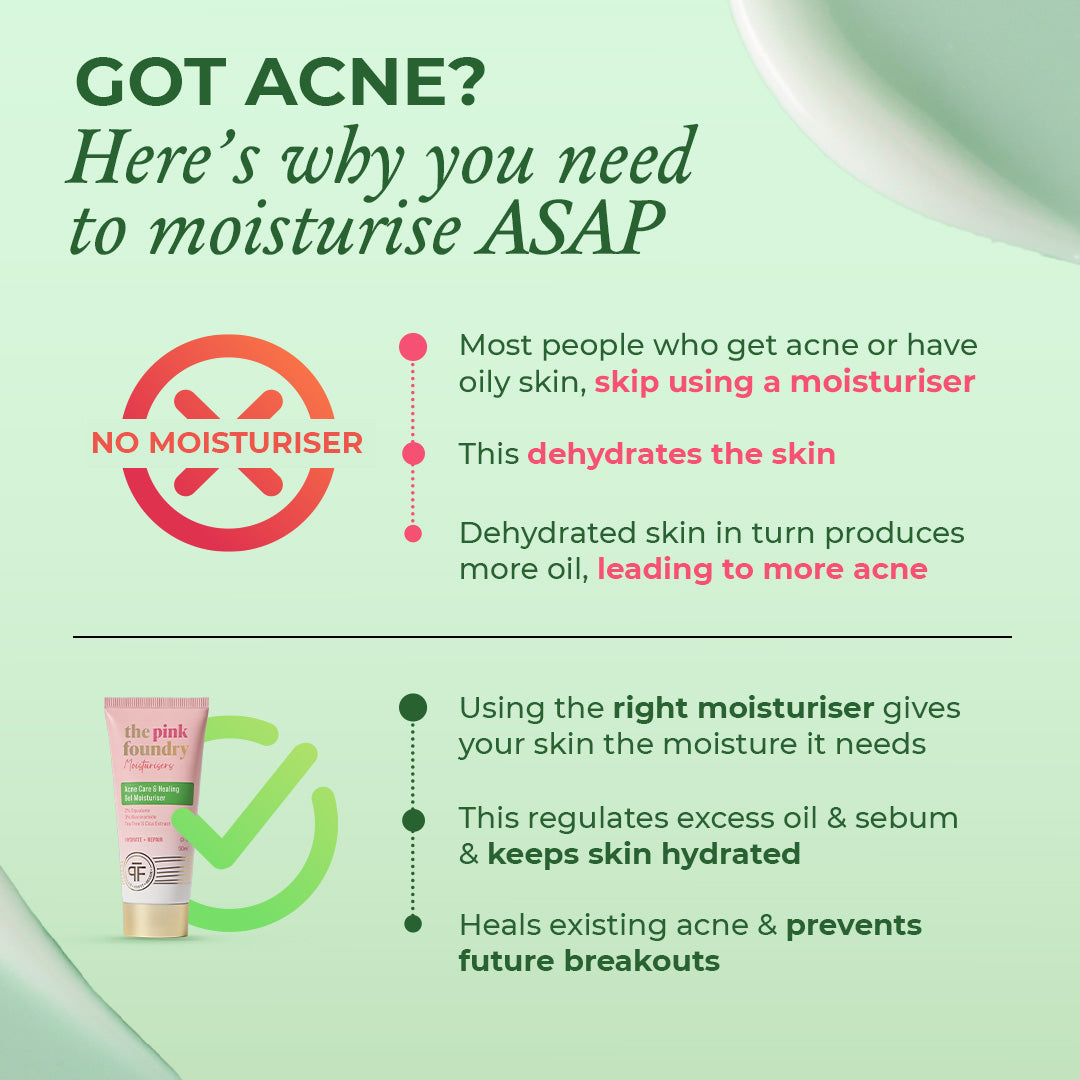
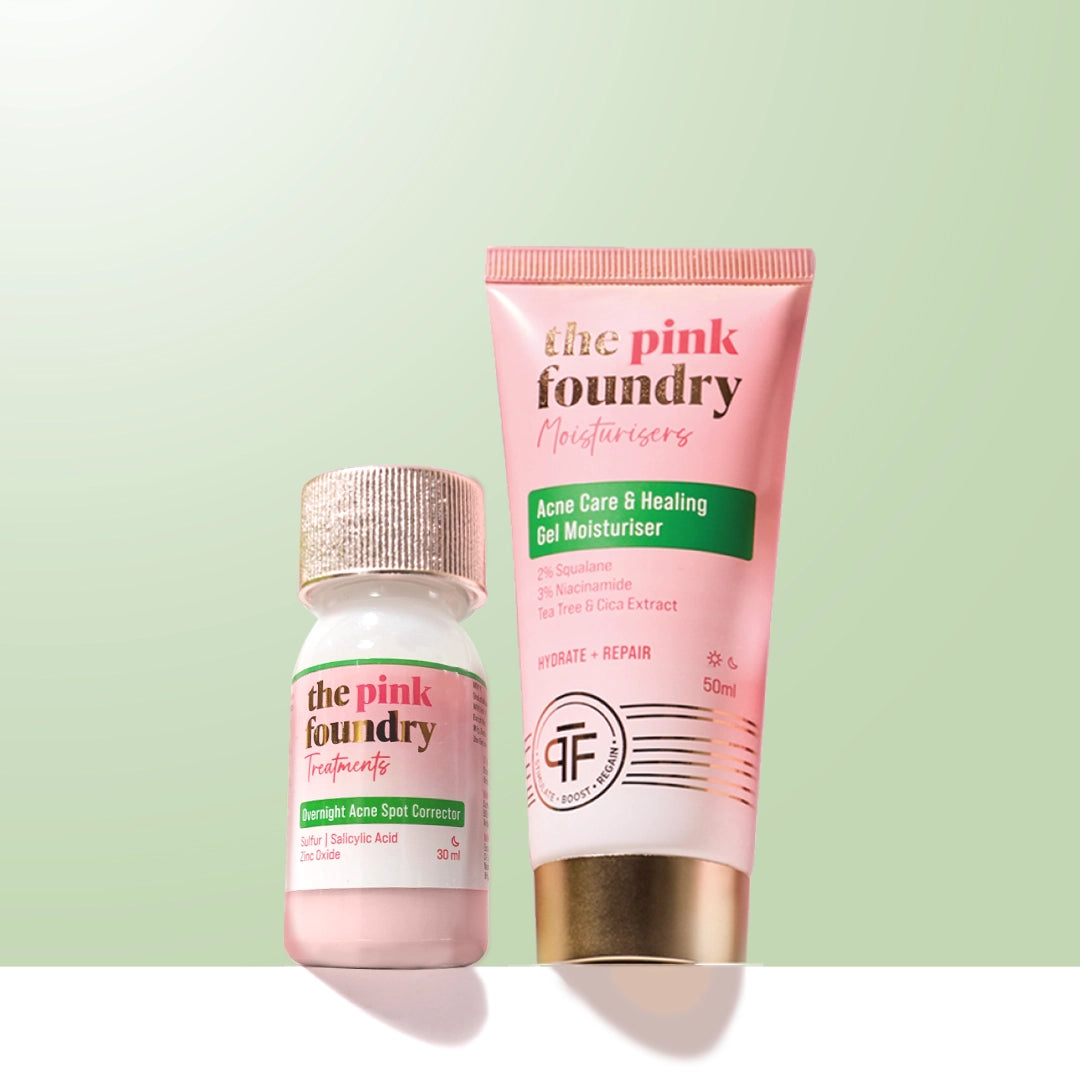
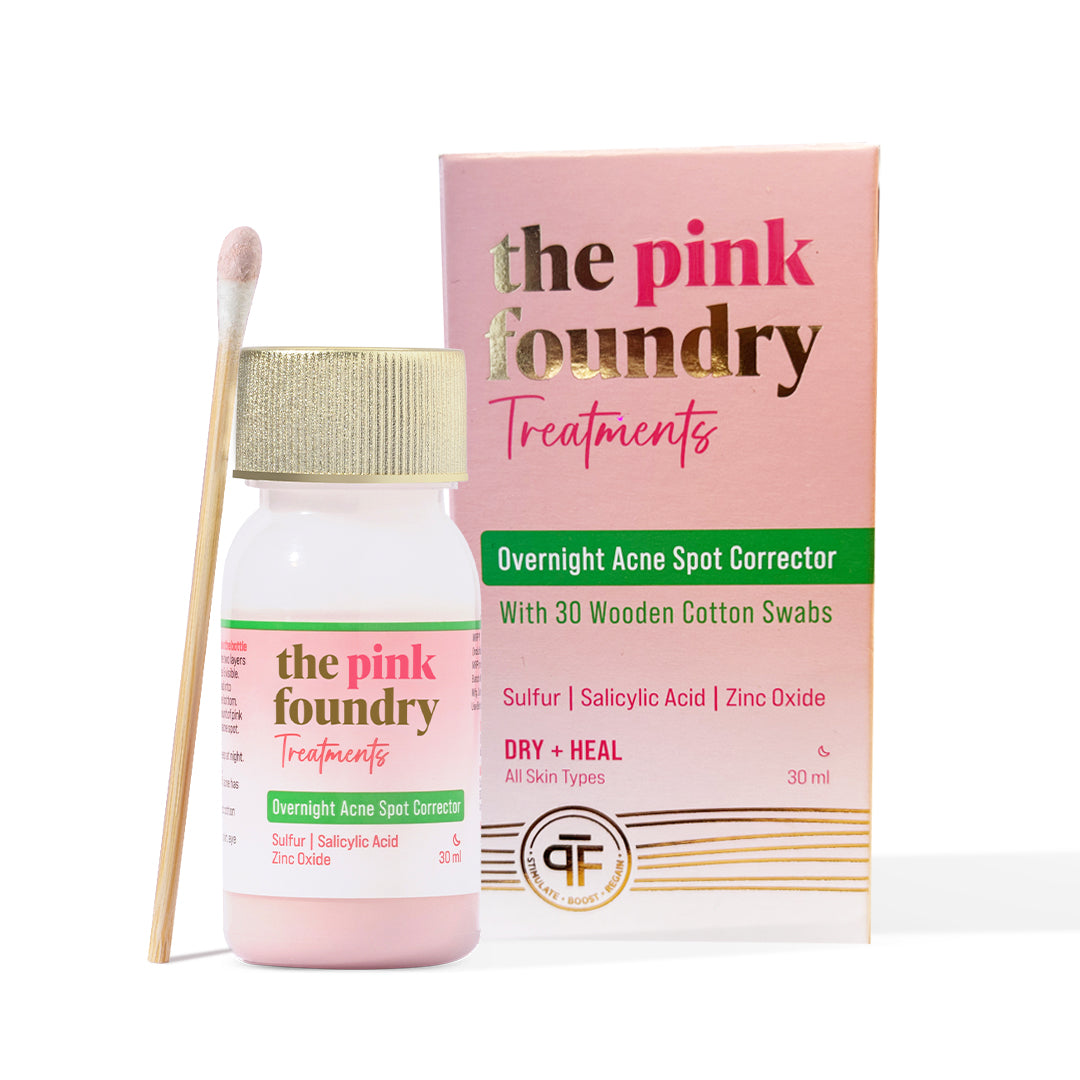
Leave a comment
This site is protected by hCaptcha and the hCaptcha Privacy Policy and Terms of Service apply.